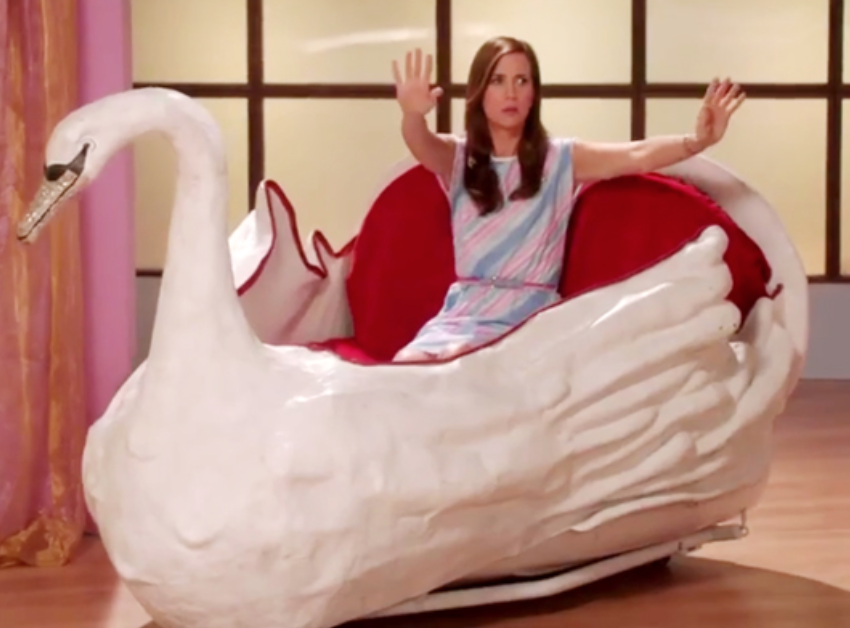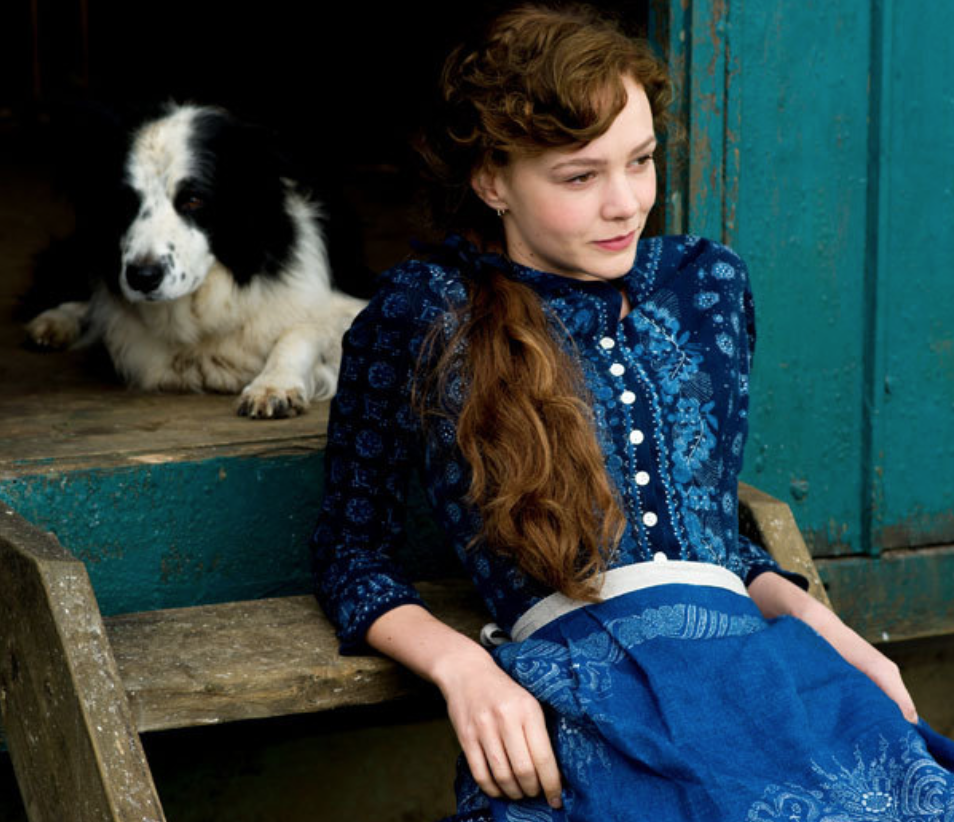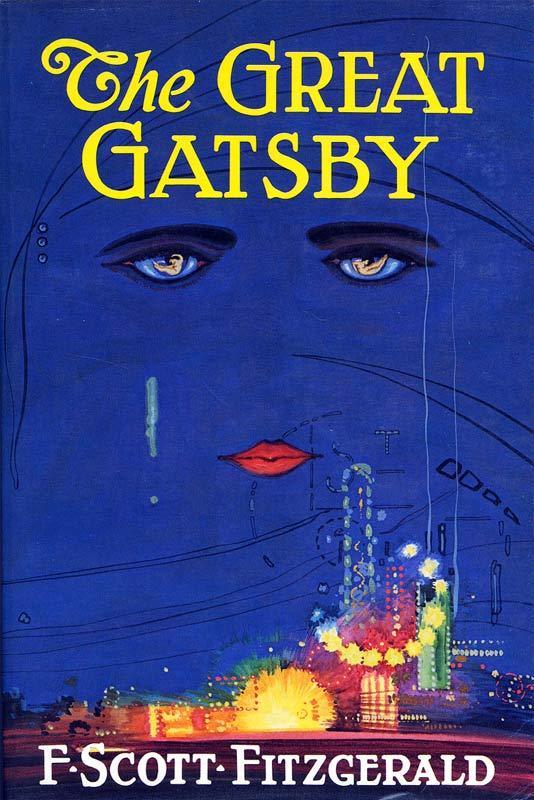 I’m not sure if “Welcome to Me” is one of the best films of the year. It’s definitely the weirdest. I didn’t even know American cinema could get this weird anymore–quirky, yes, but in that packaged way that extremely pretty people will claim that they’re nerds. These days, true on-screen weirdness seems reserved for those 15-minutes-of-fame YouTube yahoos, except when it comes to this misfit indie, which works as a queasily sympathetic, Crayola-colored art installation about the fine line between TV positivity and mental illness.
I’m not sure if “Welcome to Me” is one of the best films of the year. It’s definitely the weirdest. I didn’t even know American cinema could get this weird anymore–quirky, yes, but in that packaged way that extremely pretty people will claim that they’re nerds. These days, true on-screen weirdness seems reserved for those 15-minutes-of-fame YouTube yahoos, except when it comes to this misfit indie, which works as a queasily sympathetic, Crayola-colored art installation about the fine line between TV positivity and mental illness.
To describe this film is also to describe the myriad ways it could go wrong. Kristen Wiig stars as Alice Kleig, an unemployed, divorced California woman with borderline personality disorder who goes off her meds. Decked out in rainbow sunglasses, polyester pastel dresses, fanny packs, tiny socks, Keds, and parasols, Alice is the poster child for Hollywood’s take on the mentally ill (recall Mary Stuart Masterson in “Benny and Joon”) and she’s prone to unfiltered full-frontal honesty–I’ve been using masturbation as a sedative since 1991–delivered in a rapid-fire monotone. She’s got a decent set-up, with hobbies–“low-carboydrant” cooking, swan figurines, and reciting along with old VHS tapes of Oprah’s broadcasts –and people who care about her, including a therapist (Tim Robbins, whose condescending drawl is finally appropriate), a best friend (the ever-simpatico Linda Cardellini), and a gay ex husband (Alan Tudyk) with whom she’s still close. (I knew he was gay from the way he fucked me, she blithely informs his “male lover.”) But her life utterly changes when she wins $86 million in a state lottery and finances a talk show called, you guessed it, “Welcome to Me.” Continue Reading →


